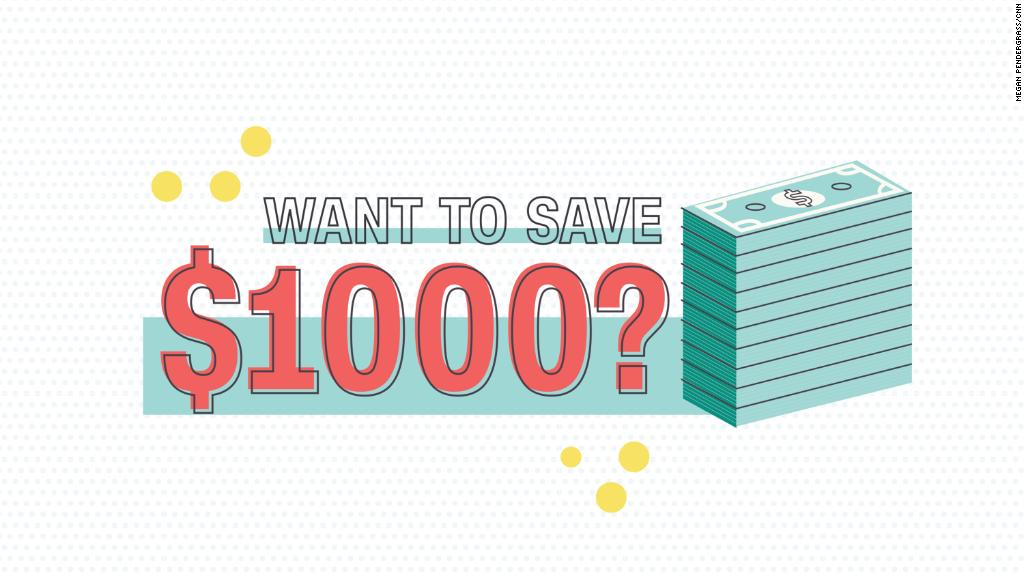
With Baby Boomers retiring in rapid succession, Millennials now make up the largest percentage of the workforce. And while many are gainfully employed and are on top of their bills, the majority of younger workers are making a mistake that could damage their finances irreparably: not having emergency savings.
A frightening 52%, in fact, say they don't have an emergency fund, according to new data from PNC Investments. And that only means one thing: They're taking a very dangerous risk.
We all need emergency savings
Some younger workers don't have money in the bank because they're just starting out job-wise and are having trouble managing their meager paychecks. For others, however, that absent safety net boils down to misguided confidence that emergency cash just isn't necessary.
But let's be clear: No one is immune to financial emergencies. You never know when your car might break down, your company might have layoffs, or your beloved pet might need emergency surgery that costs $5,000. And if you don't have savings to tap when an unplanned expense comes your way, you'll have no choice but to resort to debt, typically of the credit card variety.
What's wrong with a little debt? Nothing, if it's truly a little and you pay it off quickly. But carrying a long-term balance can cost you tons of money in interest. And, in some cases, owing too much can damage your credit score, thereby making it more difficult (and/or expensive) for you to borrow money as needed going forward.
Therefore, if there's one goal you need to commit to this year, it's building some emergency savings. You may need to start small and work your way up, but the sooner you begin, the more protection you'll have in place.
What should your emergency fund cover?
A good emergency fund is one with enough money to cover anywhere from three to six months' worth of living expenses. This means that if you typically spend $4,000 a month on necessities, you'll want to accumulate at least $12,000 and have that sum readily available in the bank.
Where will that money come from? That's the tricky part, but if you're willing to follow a budget, you'll have an easier time eking out savings.
Creating a budget is a basic matter of listing your monthly expenses (while also factoring in one-time expenses) and comparing your total spending to the amount you bring home each month from your job. If your post-tax paychecks give you $4,000 a month to work with, but you find that you're simultaneously spending $4,000 a month, you'll need to cut some expenses. You might go big and downsize your living space to shave a few hundred dollars off your rent, or make smaller changes, like cutting back on cable and takeout, to free up that cash. The point, however, is to make sure your bills don't eat up your earnings in their entirety.
Another good way to build savings is to get a side hustle. Because that extra cash isn't money you were counting on to pay the bills, you should have no problem sticking it directly into your emergency fund once you get your hands on it.
Related links:
• Motley Fool Issues Rare Triple-Buy Alert
• This Stock Could Be Like Buying Amazon in 1997
• 7 of 8 People Are Clueless About This Trillion-Dollar Market
Of course, building an emergency fund requires time and sacrifice, so you're not expected to meet your savings goal overnight. The key, however, is to recognize the need for that financial safety net and take steps that allow you to get there eventually.
